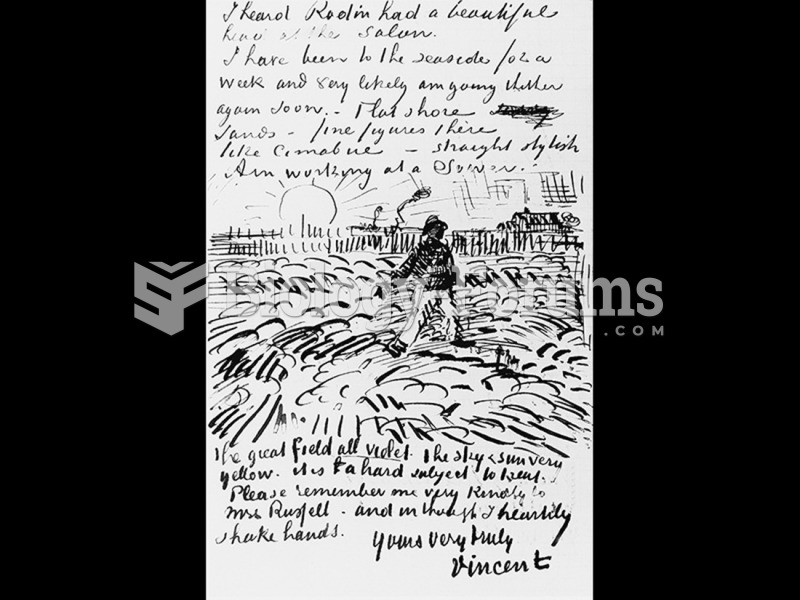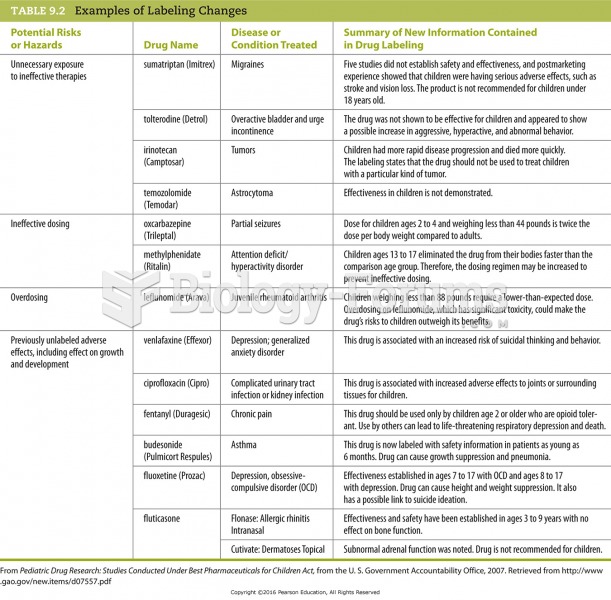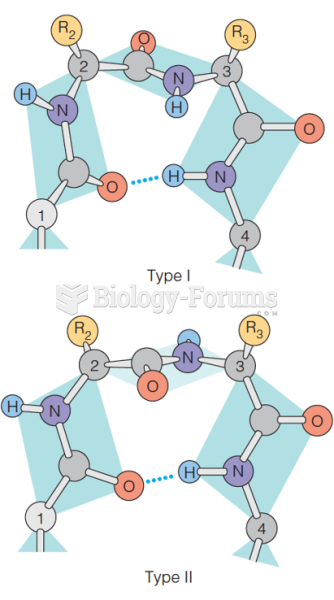Answer to Question 1
Responses should consider:
This theory suggests that people follow various psychological motifs in relating to a love partner:
- Eros love: Cupid was the god of love in Roman mythology; Cupid's counterpart in Greek mythology is Eros. This is an erotic, passionate love. Eros lovers tend to place great emphasis on romance and physical beauty. They tend to feel an urgent sexual desire and strong physical attraction to their potential partners; they believe in love at first sight. They desire sexual intimacy earlier in a new relationship than those embracing other styles; relationships based on eros love tend to burn out quickly.
- Ludus love: Ludus is Greek for play. This is characterized by game-playing. Ludus lovers enjoy the excitement of forming a relationship more than the relationship itself; they like the chase. They play the field, typically moving from one relationship to another or juggling several partners at once. They are unlikely to form a lasting commitment, and will often end a relationship just when it appears to be at its closest and most satisfying stage. They do so because they don't want security and commitment. Sometimes they begin a new relationship before ending the current one so that they are never without the rush and excitement of the pursuit.
- Storge love: In Greek, storge means natural affection. This is characterized by the central theme of friendship. Storge lovers usually begin as close friends, and take a long time to develop feelings of love. The sexual side of storge relationships arrives late and takes a back seat to the emphasis on friendship. Storge relationships offer peace, security, and stability. If love ends, the friendship usually returns and continues over time.
- Mania love: Mania is Greek for madness. Mania love is possessive, dependent, and often controlling. Mania lovers are constantly fearful that their partner will leave, and must be constantly reassured that the relationship is intact. Such relationships are characterized by turmoil, extreme and/or unrealistic jealousy, and sometimes by true obsession. Partners of mania lovers may feel excited at first because they feel loved and needed, but they soon find that they are being emotionally smothered by a clinging, insecure partner. When mania lovers feel that a partner is drifting away, they may resort to such drastic measures as stalking, threats of suicide, actual suicide attempts, or physical violence to prevent the partner from leaving.
- Pragma love: Pragma means business in Greek. Pragma love is characterized as practical love. Pragma lovers select their partners in a businesslike way based on rational, practical criteria. They don't really fall in love; they decide to love the partner who best fits their requirements. The pragma lover focuses on pragmatic characteristics such as education level, profession, social status, income, common interests, etc. These relationships tend to be less mutually satisfying and often unsuccessful, as they place little emphasis on the emotional aspects of love that are basic to bonding and forming strong attachments between people.
- Agape love: Agape is the Greek word for brotherly love or divine love. This is selfless love, and agape lovers offer their partners a self-sacrificing, altruistic love. They strive to give their partners whatever they may want or need without any expectation of receiving anything in return. This style of love is patient and non-demanding, but it's a weak form of romantic love. The reason for this is because agape love is all about giving, but romantic love involves a balance of giving and receiving.
Answer to Question 2
Matching hypothesis
- It's a psychological theory that claims that people tend to seek romantic and sexual partners who possess a similar level of physical attractiveness to their own.
- It could be due to the expectation that someone of similar attractiveness is an emotionally safer choice, and is a boost to each partner's self-esteem.
- On the other hand, a partner of much greater physical attractiveness may be seen as more likely to reject someone who is not as attractive.
- How well couples are matched on physical attractiveness is related to the success of the relationship.
- Matched couples tend to become closer, and their relationships tend to last longer than couples who differ significantly in physical attractiveness.
Proximity effect
- The term proximity refers to how close in physical distance you are to another person over time.
- As one spends more time in close proximity to other people, the more one is likely to develop positive feelings toward them.
- The closer one is in geographical distance, the greater the probability that one will grow to like or even to love someone.
- People tend to grow fonder of someone around whom they spend more time.
- Three reasons have been suggested for this proximity effect:
1. If you are sharing the same physical space with another person, you will have more opportunity to meet and get to know each other, which can increase the chances that a romantic relationship will develop.
2. The more you find yourself in the same situation with another person, the more likely it is that the two of you have interests in common. Common interests pave the way for mutually interesting topics of conversation and shared activities, all of which enhance the probability that a romantic relationship may develop. The two most common locations where people meet and form romantic relationships are school and work.
3. A third explanation for the influence of proximity on relationships is a psychological principle called the mere exposure effect.
Mere exposure effect
- Humans appear to have a natural and usually unconscious tendency to grow fonder of a novel stimulus as they see it more often, and it's true for perceptions of people, as well.
- To use the mere exposure effect to explain the impact of proximity on relationships, simply encountering a person more often, without even talking or acknowledging each other, will lead to greater familiarity.
- Greater familiarity increases liking, which then enhances the probability of forming an intimate connection.
- If, however, your initial reaction upon encountering a new person is profoundly negative, the mere exposure effect may not occur, and instead, your dislike may increase with repeated encounters.







